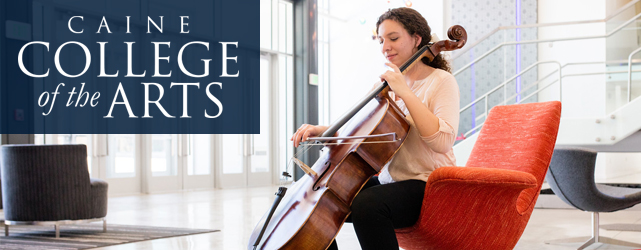Gaps, Silences, and Comfort Zones: Dominant Paradigms in Applied Theatre & Drama Education Discourse
Document Type
Book
Journal/Book Title/Conference
Research in Drama Education: The Journal of Applied Theatre & Performance
Volume
19
Issue
1
Publication Date
1-1-2014
First Page
7
Last Page
22
Abstract
This article explores prevailing rhetoric in published scholarship in the field of educational drama and applied theatre, responding to O'Toole's call to investigate if researchers in the field are ‘missing something vital by staying in our comfort zones’. He noted a ‘serious need for more usable, broad-based, and reliable base-line data to use for policy change and as starters for our research’ after reviewing the abstracts of the 86 sessions presented at the International Drama in Education Research Institute (IDIERI) 2009. To explore if his findings were a microcosm of broader trends in the field, we reviewed over 400 peer-reviewed, English-language articles published over the last decade that addressed applied theatre or drama education. We asked the following: (1) What research methods do authors utilise to conduct their studies? (2) What types of results do these studies report? (3) Do scholars based in certain geographic regions influence the field's discourse disproportionately? We share the data we collected from each article in light of these questions through a series of charts. We then analyse the data and detail how the field's self-imposed research paradigms create comfort zones that encourage certain types of research while creating conspicuous gaps and silences by limiting the modes of inquiry we employ and regulating what data we report. We conclude by discussing the difficulties that arise when we work within these safe confines while simultaneously striving to impact the discourse in the broader fields of education, theatre studies, performance studies and/or cultural studies, as well as legislation and policy beyond academia. We argue that these disciplinary boundaries are permeable, but that we must be able to translate our work into a variety of scholarly and lay languages.
Recommended Citation
*Omasta, M. & Snyder-Young, D. "Gaps, Silences, and Comfort Zones: Dominant Paradigms in Applied Theatre & Drama Education Discourse." Research in Drama Education: The Journal of Applied Theatre & Performance 19.1 (2014): 7-22.


